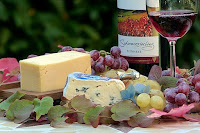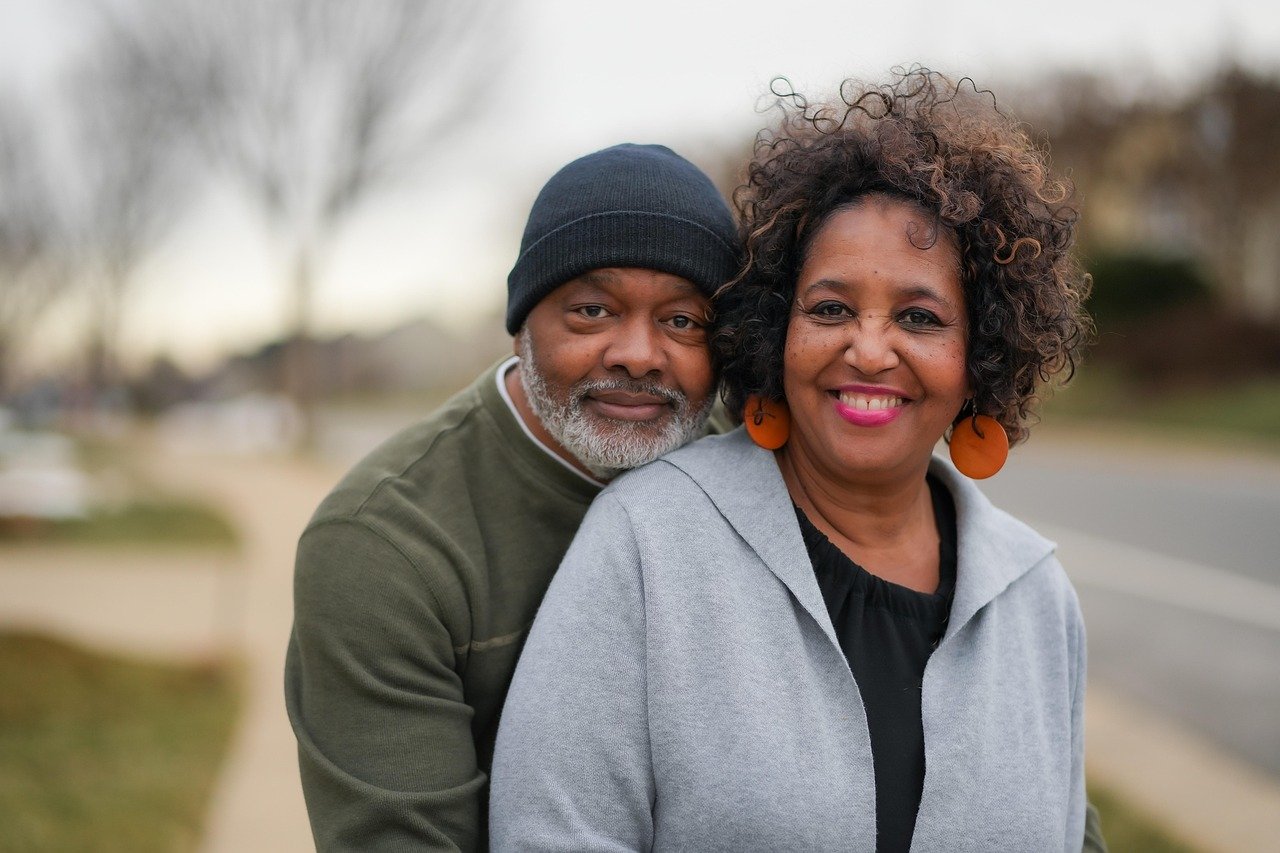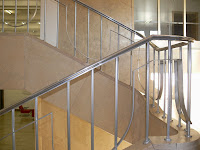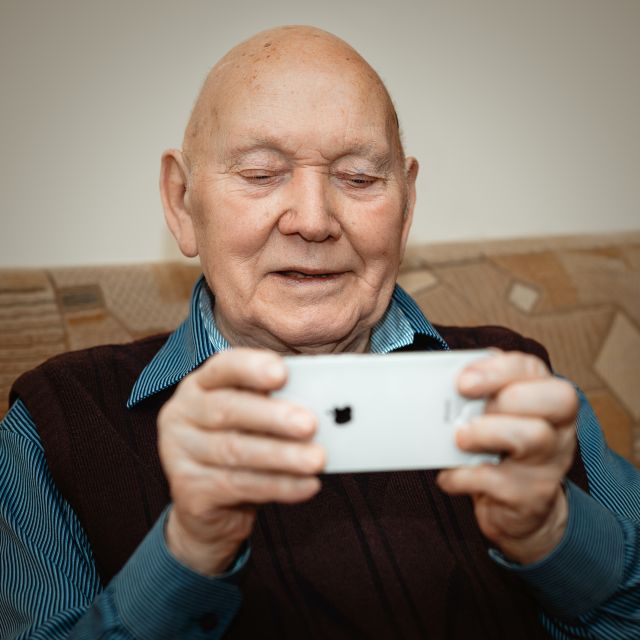
Why are Fat People at Risk for Memory Loss & Dementia?
Fat, middle aged people are 3.6 times as likely to develop memory loss and dementia. See the research that reveals why.

Fat, middle aged people are 3.6 times as likely to develop memory loss and dementia. See the research that reveals why.

IDPs, a form of antioxidant contained in meat, are effective in relieving fatigue and preventing dementia. Learn more.

Older adults who took a daily multivitamin showed higher scores in global cognition, memory and executive function, researchers found.

DIET VIDEO: The jury is out on coconut oil for dementia. Many institutions remain skeptical, while others cautiously review clinical trials. In the meantime, people

VIDEO + ARTICLE: Researchers say compounds found in green tea, red wine, cocoa and certain fruits and nuts were found to diminish amyloid plaques with

HEALTH CHART + 2 VIDEOS + ARTICLE: In 4,000 elders, nuts boosted cognition by 60% and delayed memory decline by 2 years. See the “Healthy

VIDEO + ARTICLE: An award-winning director joins the nation’s largest independent registered investment advisory firm to film a documentary on clinical trials by diet guru

DIET & RESEARCH: Diet modifications, including more wine and cheese, may help reduce cognitive decline, a study suggests.

VIDEO + ARTICLE:
Beer is one of the oldest and most popular beverages in the world — but it also has specific health benefits, including the ability to protect against Alzheimer’s. Learn more.

DIET NEWS – ARTICLE & VIDEO: These studies show dark chocolate improves memory & mood, boosts immunity and reduces stress as well as inflammation.

VIDEO+ARTICLE: Sundowning in dementia can derail evenings with anxiety, agitation, and confusion. Here’s why it happens—and what actually helps.

POLICE DASH CAM VIDEO + ARTICLE:
See a man with Alzheimer’s driving 60 MPH (100kph) at police, against traffic, on New Year’s. Learn how-and-when to help a person with Alzheimer’s hand in the car keys.

VIDEO+ARTICLE CARE TIP: Midnight snacks are great on New Year’s Eve and even greater on midnight dementia-care shifts. Learn how late-night munchies solved a nurse’s wandering & behavior problems.

Dietary iron is an essential element in the brain. That’s why it is critical to understand how it affects Alzheimer’s. Researchers used advanced X-ray techniques to take a giant step forward in understanding iron chemistry in amyloid plaque, the main culprit behind Alzheimer’s. Learn more about their exciting new insights.

A deep promise to be there for an Alzheimer’s parent, this heartwarming song was written as a tribute to families facing dementia.

EMERGENCIES due to falling happen 54% more often in dementia. As a rule, 1-in-3 adults over 65 fall each year. Most falls happen at home. Make a few simple changes and prevent falls.

Researchers find education and intellectual stimulation appear to activate a genetic program in the brain that promotes resistance to cognitive decline. Find out more.
No spam, only news and updates.


